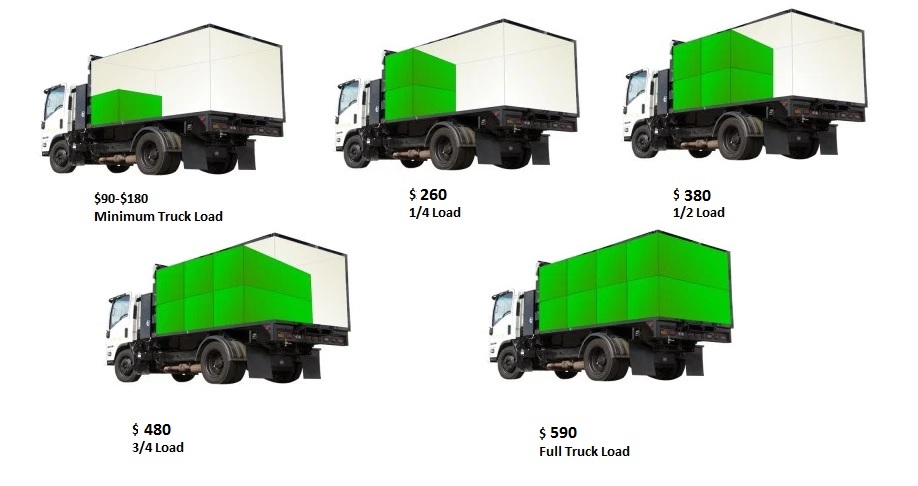A Full Overview To Identifying The Perfect Dumpster Dimension For Your Job
A Full Overview To Identifying The Perfect Dumpster Dimension For Your Job
Blog Article
Content Produce By-Swain Rodgers
When embarking on a task that requires a dumpster, the size you choose can greatly influence its performance and cost-effectiveness. Picture having the ideal container that suits all your waste without being exceedingly large or too little. Everything begins with comprehending the nuances of your project and picking a dumpster size that lines up with your details demands. So, prior to you decide, think about the elements at play to ensure a smooth waste management procedure from start to finish.
Elements to Take into consideration
When picking the best dumpster dimension, there are numerous crucial factors to take into consideration.
First, think about the type of waste you'll be taking care of. Different products may require differing quantities of room, so comprehending what you'll be putting in the dumpster is important.
Next, evaluate the amount of waste you anticipate to produce. If you undervalue the quantity, you may need to make multiple journeys to get rid of every little thing, which can be bothersome and expensive. On the other hand, renting out a dumpster that's as well large can result in unneeded costs.
Additionally, take into consideration the room where the dumpster will certainly be positioned. https://www.bobvila.com/articles/dumpster-rules/ there's enough area for the dumpster to be supplied and picked up with no obstructions.
Lastly, consider any type of weight restrictions that may use. Going beyond the weight restriction can cause extra fees and even the refusal of service.
Dumpster Dimension Options
For picking the appropriate dumpster dimension, it's vital to have a good understanding of the available alternatives. Dumpster dimensions commonly vary from 10 to 40 cubic lawns, with variants in between.
A 10-yard dumpster appropriates for little projects like a garage cleanout or a small improvement. If you're taking on a medium-sized task such as a kitchen remodel or a basement cleanout, a 20-yard dumpster may be the ideal selection.
For bigger jobs like a whole-house renovation or commercial construction, a 30 or 40-yard dumpster could be preferable to accommodate the volume of waste generated.
When selecting a dumpster dimension, consider the amount and kind of debris you anticipate to get rid of. It's much better to choose a somewhat bigger size if you're uncertain to avoid overfilling. Remember, it's even more affordable to rent out a dumpster that fits your needs as opposed to having to purchase an extra one.
Matching Size to Project
Efficiently matching the dumpster dimension to your job is critical for efficient waste management. To identify the appropriate size, consider the extent and nature of your task.
For tiny household cleanouts or renovations, a 10-yard dumpster may be enough. These are normally 12 feet long and can hold around 4 pickup truck lots of waste.
For bigger projects like remodeling multiple areas or removing a huge estate, a 20-yard dumpster could be better. These are around 22 feet long and can hold approximately 8 pickup tons.
If you're tackling a major construction task or industrial restoration, a 30-yard dumpster could be the best fit. These dumpsters have to do with 22 feet long and can fit about 12 pickup truck tons of particles.
Matching the dumpster dimension to your task ensures you have enough room for all waste materials without paying too much for unused capability.
roll-off dumpsters , selecting the appropriate dumpster dimension for your task is crucial for efficient waste disposal. By thinking about elements like the kind and quantity of waste, area schedule, weight limitations, and budget plan restrictions, you can guarantee you have the ideal size dumpster for your needs. Ensure to match the dimension of the dumpster to the scope and nature of your project to prevent overspending on unnecessary expenses.
